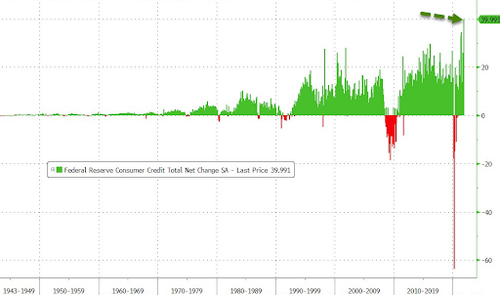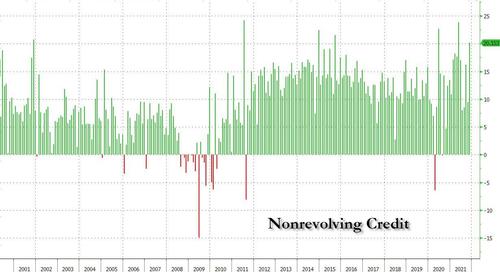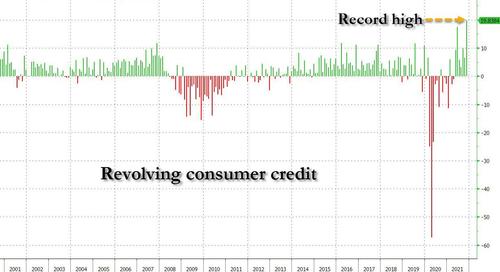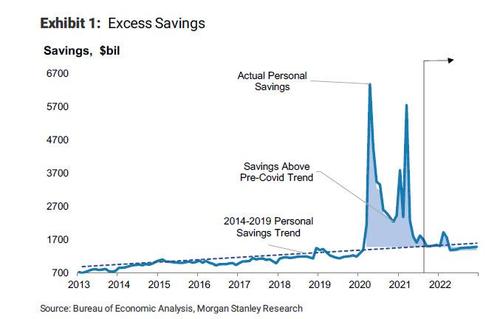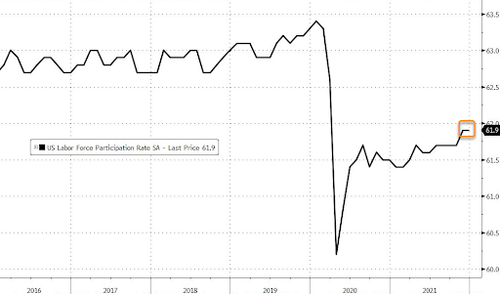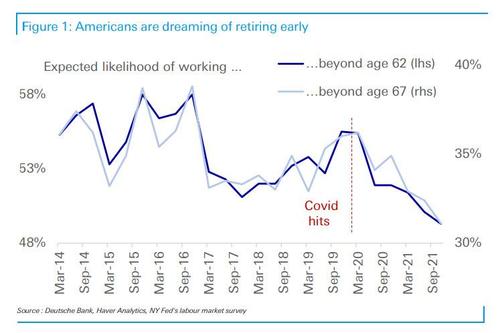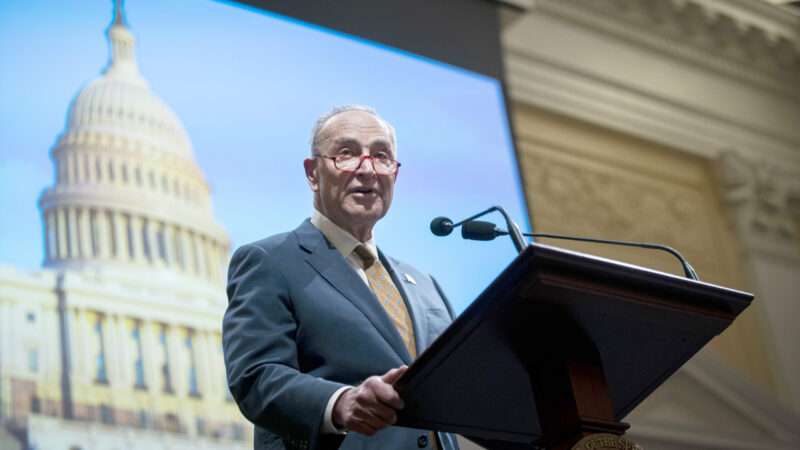
Democrats are dusting off a familiar strategy to advance key pieces of President Joe Biden’s agenda through the evenly divided Senate over Republican objections. In doing so, they hope to pressure Republicans to finally support their effort to take up the John R. Lewis Voting Rights Advancement Act. And Democrats’ past success employing the strategy to compel Republicans to cooperate with them suggests that their plan could work again this time.
Republicans have twice prevented the Senate from taking up the voting rights bill by filibustering it. The bill’s supporters have called for changing the Senate rules to prevent a minority of senators from using the filibuster to prevent a majority from debating it on the Senate floor. In addition, they want Democrats to create a filibuster carveout for the voting rights bill, similar to the one senators granted debt-limit legislation last month.
Senate Majority Leader Chuck Schumer (D–N.Y.) has acknowledged the growing frustration with the Senate’s inability to debate voting rights. However, Schumer pledged that senators would have another opportunity to take up the bill before Martin Luther King Jr. Day on January 17. He threatened Republicans that Democrats will eliminate the filibuster if the GOP uses it again to prevent the Senate from voting on the bill.
Democrats used the same strategy 10 years ago to compel Republicans to stop obstructing President Barack Obama’s agenda and nominees. At the time, Republicans repeatedly gave in to Democrats’ demands to pass rule changes that disadvantaged them and support presidential nominees they had previously opposed.
Republicans can use the right to filibuster or debate the voting rights bill to prevent the Senate from taking it up in the first place. Unlike the simple majority it takes for actually passing legislation, it takes three-fifths of the Senate to invoke cloture (i.e., end debate) on the bill as well as a motion to proceed to its consideration. The filibuster empowers Republicans to obstruct Biden’s agenda, though Democrats are not powerless either. Article I, Section 5, Clause 2 of the Constitution empowers a majority of senators to determine the rules that regulate the Senate’s proceedings, including those related to the filibuster.
Democrats and Republicans alike have used this power in the past to restrict the minority’s ability to filibuster their agenda on the Senate floor. And Democrats are presently betting that the threat to eliminate the filibuster will pressure Republicans to drop their opposition to the voting rights bill.
Democrats previously threatened to eliminate the filibuster on several occasions between 2011 and 2013. At the time, Democrats believed they could compel enough Republicans to vote to end their party’s filibusters by clearly communicating in advance their threat to eliminate it if Republicans did not cooperate.
Democrats’ threats pressured leading Republicans like Senate Minority Leader Mitch McConnell (R–Ky.) and then–Rules Committee Ranking Member Lamar Alexander (R–Tenn.) to negotiate a rules reform package at the beginning of the 112th Congress that empowered Democrats and disadvantaged Republicans. Democrats threatened to eliminate the filibuster in 2013 if Republicans did not drop their opposition to Obama’s picks for director of the Consumer Financial Protection Bureau, secretary of labor, and Environmental Protection Agency administrator.
The threat worked. Democrats successfully pressured Republicans to change their position. The Senate invoked cloture on Richard Cordray’s nomination for CFPB director by a vote of 71–29. Seventeen Republicans voted to end the debate on Cordray despite having signed a letter pledging to oppose his nomination. And Democrats averted filibusters on Secretary of Labor Tom Perez’s nomination and Gina McCarthy’s nomination to be EPA administrator. Six Republicans who previously opposed Perez’s nomination voted instead to advance it, including Alexander, Sen. Mark Kirk (R–Ill.), and Sen. Lisa Murkowski (R–Alaska).
Democrats’ previous threats to eliminate the filibuster compelled many Republicans to cooperate with them. The Republicans in question believed they could preserve the filibuster in the long term by agreeing not to use it at the moment. But their repeated capitulations instead encouraged Democrats to keep threatening to eliminate the filibuster whenever Republicans used it to frustrate Democratic plans. Republican behavior signaled to Democrats that they would continue to fold in the future.
Democrats hope to recreate the same dynamic concerning the voting rights bill with their latest threat. Suppose they succeed in pressuring Republicans to capitulate––in that case, the result will be to make the filibuster meaningless without eliminating it.
The post Democrats May Pressure the GOP Into Making the Filibuster Meaningless appeared first on Reason.com.
from Latest – Reason.com https://ift.tt/3eZtF9t
via IFTTT

